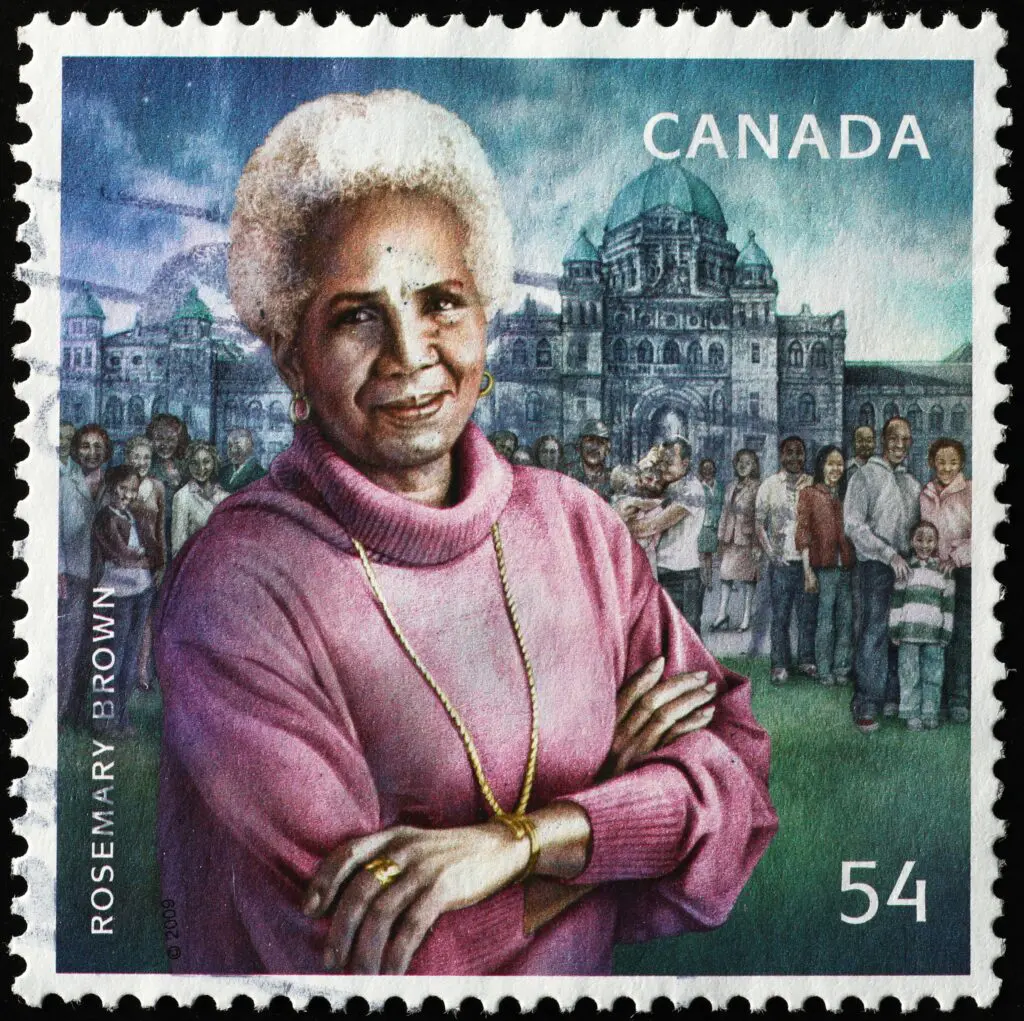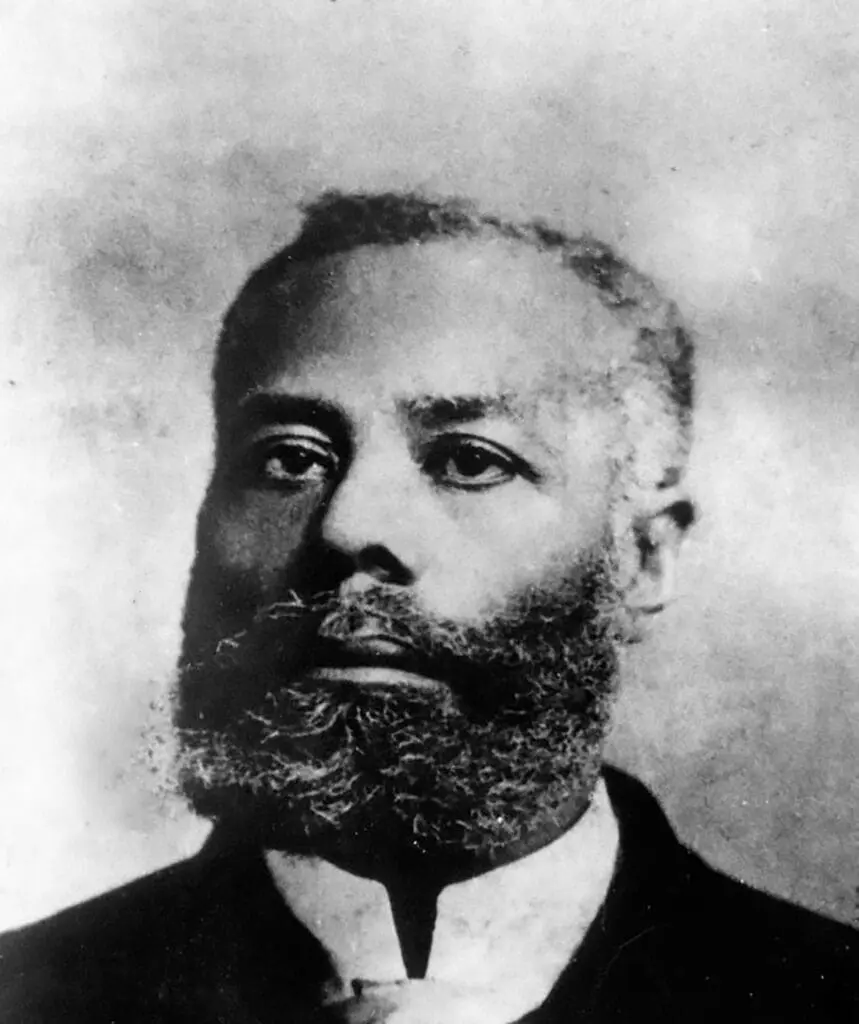Unfortunately, in order for change to take place, horrifying, dehumanizing behaviour must be shown and broadcasted publicly so everyone can see how ugly we treat people in our society and we can begin to discuss how to change what we collectively now see as being wrong.
Before an October 2014 online viral video showing a woman walking around New York City being catcalled by men, the subject of sexual objectification, cat-calling, and sexual harassment was not a part of our public discourse. Sure it was being discussed privately and in smaller circles, but not to the extent the matter is now being discussed once that video became viral and everyone was forced to take a look at themselves, the issue and question why this is so prevalent in our culture.
In class we watched an old video showing how society used to treat people with physical and or cognitive challenges. Individuals were treated subhuman. Men and women and children were all living in the same space, many without clothing. Some were locked into a standing chair, unable to lie down or sit down. Punishment was violent. Individuals were treated as numbers on a page, their humanity, personality and spirit were never considered or acknowledged. Women and men were removed of their reproductive rights. Sterilization became an accepted practice. Countless horrors and crimes against individuals regularly took place but no one did anything. Out of sight, out of mind. The option was given to parents early on if a physical or cognitive disability was found in their child. You can either take care of your child or you could legally relinquish your rights as a parent and turn your child over to the province. Some chose to care for their children, others allowed their child to be institutionalized.
Thankfully, those days are in our past. There is a strong movement today to learn from our past and treat individuals in our community using a philosophy called “Person-Centred Thinking” (PCT) This philosophy involves puts the individual being supported at the centre of the planning of daily, weekly, and yearly goals. The philosophy requires two questions to be answered when planning activities for the individual: What is important to the individual and what is important for them (health, safety and involvement in the wider community)
At all times, a sense of balance should be achieved as a way of measuring alignment with PCT. For example, If the individual really enjoys going out for coffee but has Type 2 Diabetes, support workers would look at what the person wants and the concerns for the individual’s well-being when creating a support plan. Perhaps the support workers would see the social happiness the individual experiences by going out for coffee and find creative ways to limit the amount of sugar the individual has with their coffee. That way the individual is still going out for coffee and having a good time (important to), and their sugar intake is limited (important for the individual’s health).
I look forward to applying the knowledge I’ve gained from Person-Centred Thinking as I see the value it has on the lives of the individuals we support.







